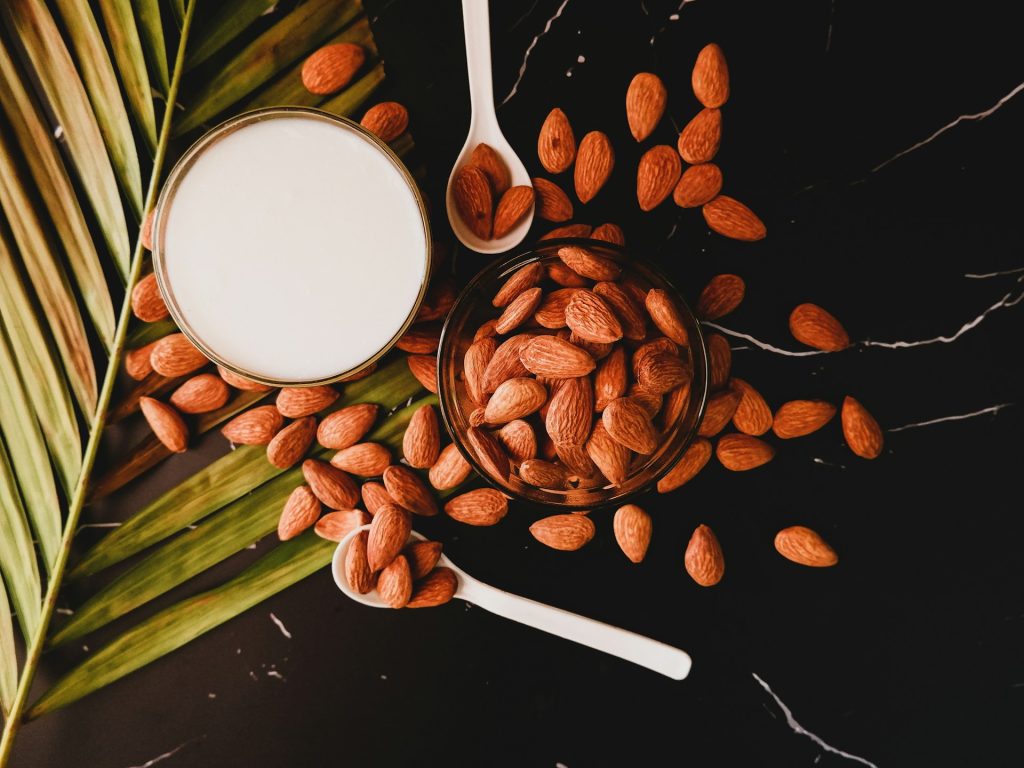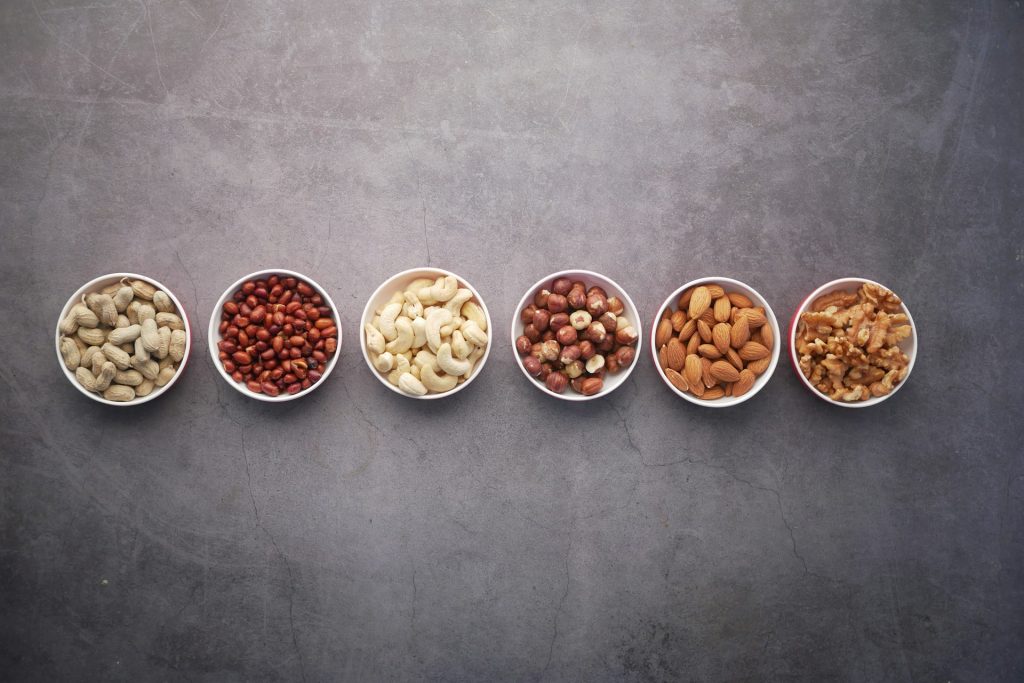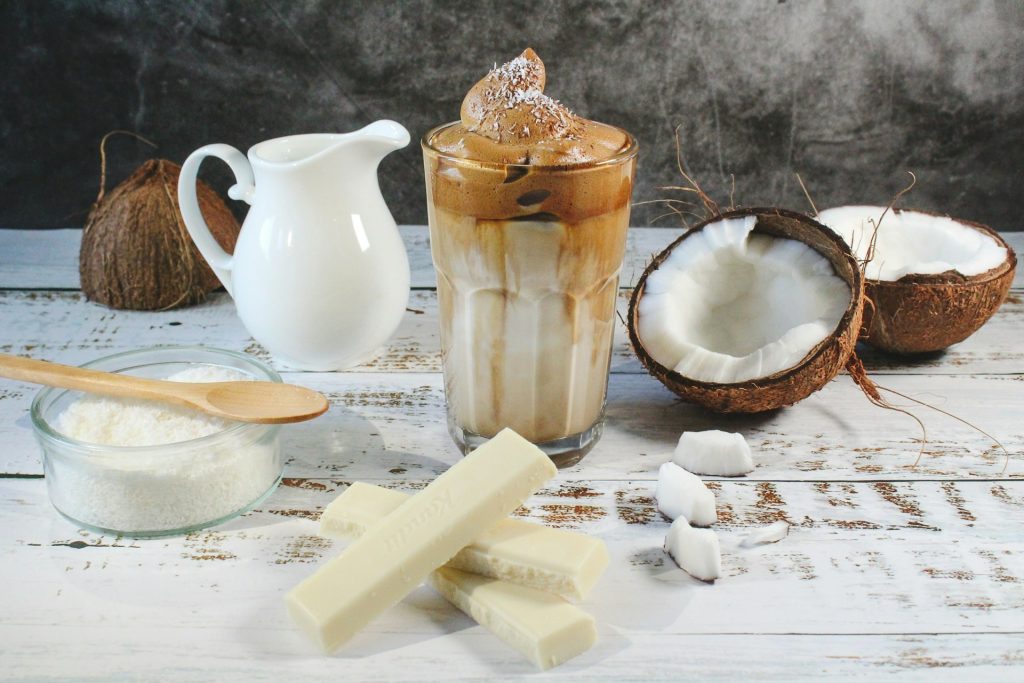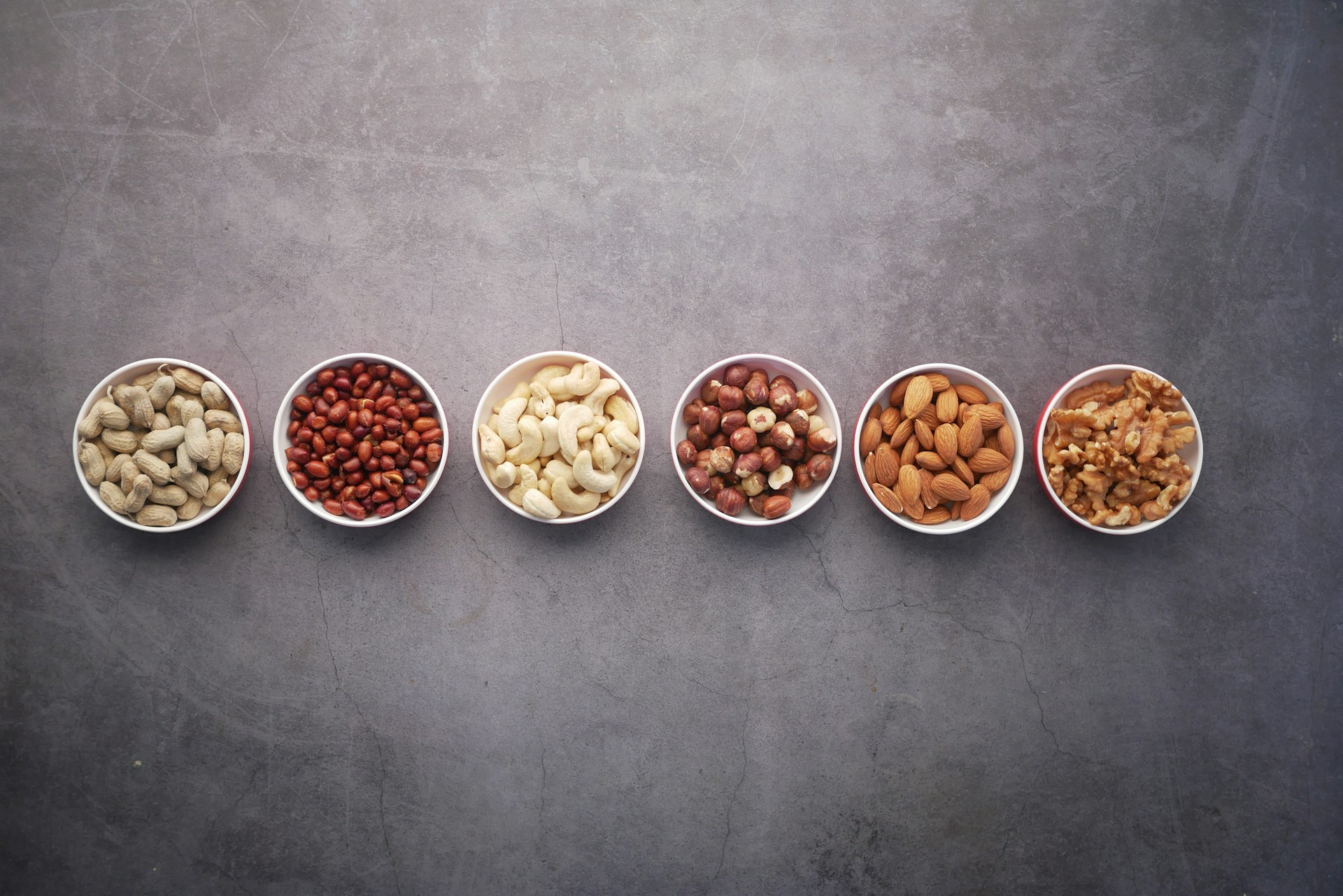As more people seek to incorporate plant-based diets into their lifestyles, dairy alternatives are becoming increasingly popular. Whether you’re lactose intolerant, following a vegan diet, or simply looking to reduce animal products, plant-based dairy alternatives offer a range of nutritional benefits. Let’s explore the different types of plant-based dairy, their health benefits, and how to choose the best options.

What Are Plant-Based Dairy Alternatives?
Plant-based dairy alternatives are products made from various plant sources that mimic the taste and texture of traditional dairy products. Common bases for these alternatives include:
- Almonds
- Soy
- Oats
- Coconut
- Cashews
- Rice
Nutritional Benefits of Plant-Based Dairy Alternatives
- Lactose-Free: One of the primary reasons people choose plant-based alternatives is to avoid lactose, which can cause digestive issues for many individuals.
- Lower in Calories and Fat: Many plant-based milks, such as almond or rice milk, are lower in calories and fat than whole cow’s milk, making them a lighter option for those looking to manage their weight.
- Rich in Vitamins and Minerals: Many plant-based dairy products are fortified with essential nutrients, including calcium, vitamin D, and vitamin B12, making them comparable to their dairy counterparts.
- Heart Health: Plant-based alternatives often contain healthy fats, such as those found in nut-based products, which can support heart health when consumed in moderation.
- Antioxidants: Some options, like almond and soy milk, contain antioxidants that may help reduce inflammation and promote overall health.

Best Choices for Plant-Based Dairy Alternatives
When choosing plant-based dairy alternatives, it’s essential to look for options that offer the most nutritional benefits. Here are some top choices:
- Almond Milk: Low in calories and rich in vitamin E, almond milk is a delicious addition to smoothies, coffee, or cereal. Opt for unsweetened varieties to avoid added sugars.
- Soy Milk: A popular choice due to its protein content, soy milk is comparable to cow’s milk in terms of protein and is often fortified with calcium and vitamins. Choose organic options to avoid genetically modified soy.
- Oat Milk: Creamy and naturally sweet, oat milk is a great choice for coffee and baking. It tends to be higher in carbohydrates, so check the label for sugar content.
- Coconut Milk: Rich and creamy, coconut milk is perfect for cooking and baking. It contains medium-chain triglycerides (MCTs), which can provide a quick source of energy.
- Cashew Milk: Creamy and versatile, cashew milk is excellent in sauces and soups. It’s lower in calories and often fortified with vitamins.
- Rice Milk: A good option for those with nut allergies, rice milk is naturally sweet but lower in protein. Look for fortified varieties to ensure adequate nutrition.

Tips for Incorporating Plant-Based Dairy Alternatives into Your Daily Meals
- Breakfast Boost: Use almond or oat milk in your morning smoothies or cereal for a creamy texture and added flavor. You can also make chia pudding with plant-based milk for a nutritious breakfast option.
- Coffee Companion: Swap regular milk with soy or oat milk in your coffee or lattes. Many baristas enjoy using oat milk for its frothing capabilities.
- Cooking and Baking: Substitute plant-based milk for cow’s milk in recipes. For instance, use coconut milk in curry dishes for a rich flavor or almond milk in pancakes and waffles.
- Creamy Sauces: Use cashew milk or blended soaked cashews to create creamy sauces for pasta or soups. These alternatives add a delicious richness without dairy.
- Dairy-Free Yogurt: Incorporate coconut or almond yogurt into your snacks or breakfasts. Top with fruits, nuts, and seeds for a healthy, satisfying meal.
- Smoothie Bowls: Make smoothie bowls using your favorite plant-based milk as a base. Blend with fruits and vegetables, then top with granola, seeds, and fresh fruit.
- Dairy-Free Ice Cream: Enjoy coconut or cashew-based ice creams as a delicious dessert. You can also make your own using frozen bananas blended with almond or oat milk.
Conclusion
Plant-based dairy alternatives offer a nutritious and versatile option for anyone looking to reduce their dairy consumption or embrace a plant-based lifestyle. With a variety of choices available, it’s easier than ever to find alternatives that fit your taste preferences and nutritional needs.
Are you ready to make the switch? Share your favorite plant-based dairy alternatives in the comments below, and don’t forget to subscribe for more tips on healthy living!



